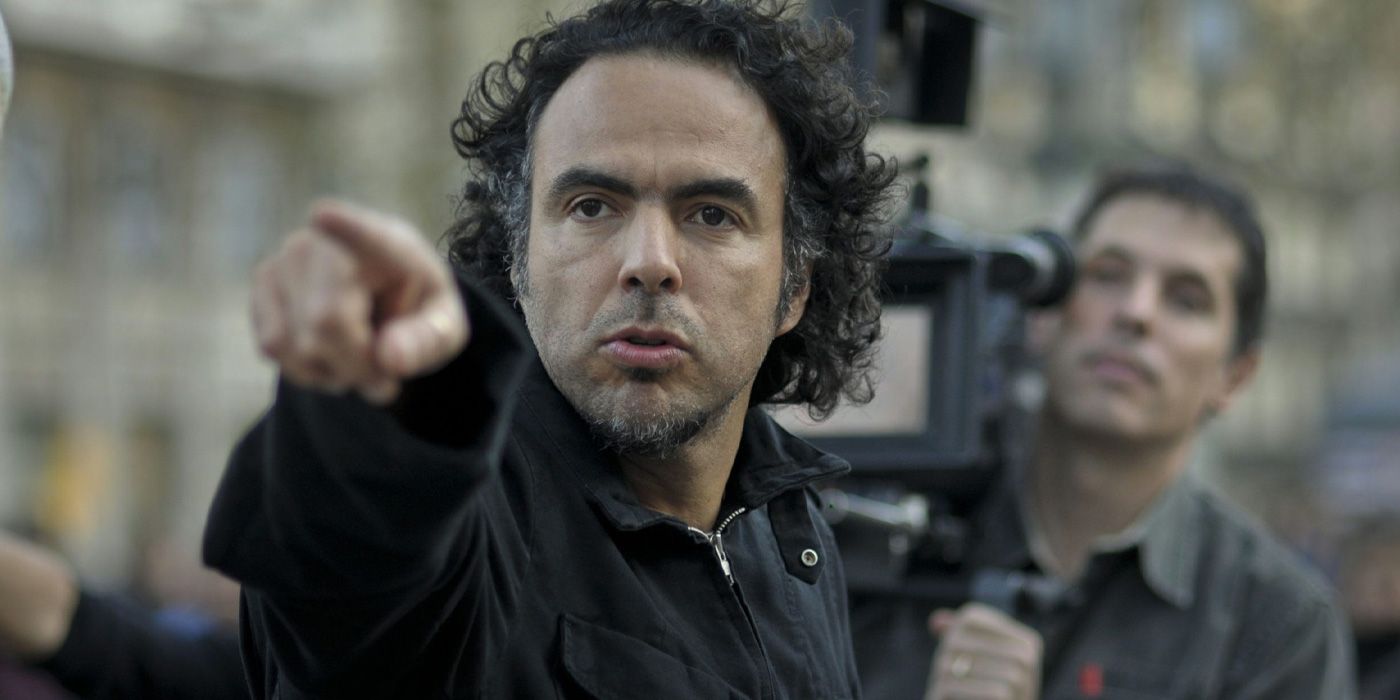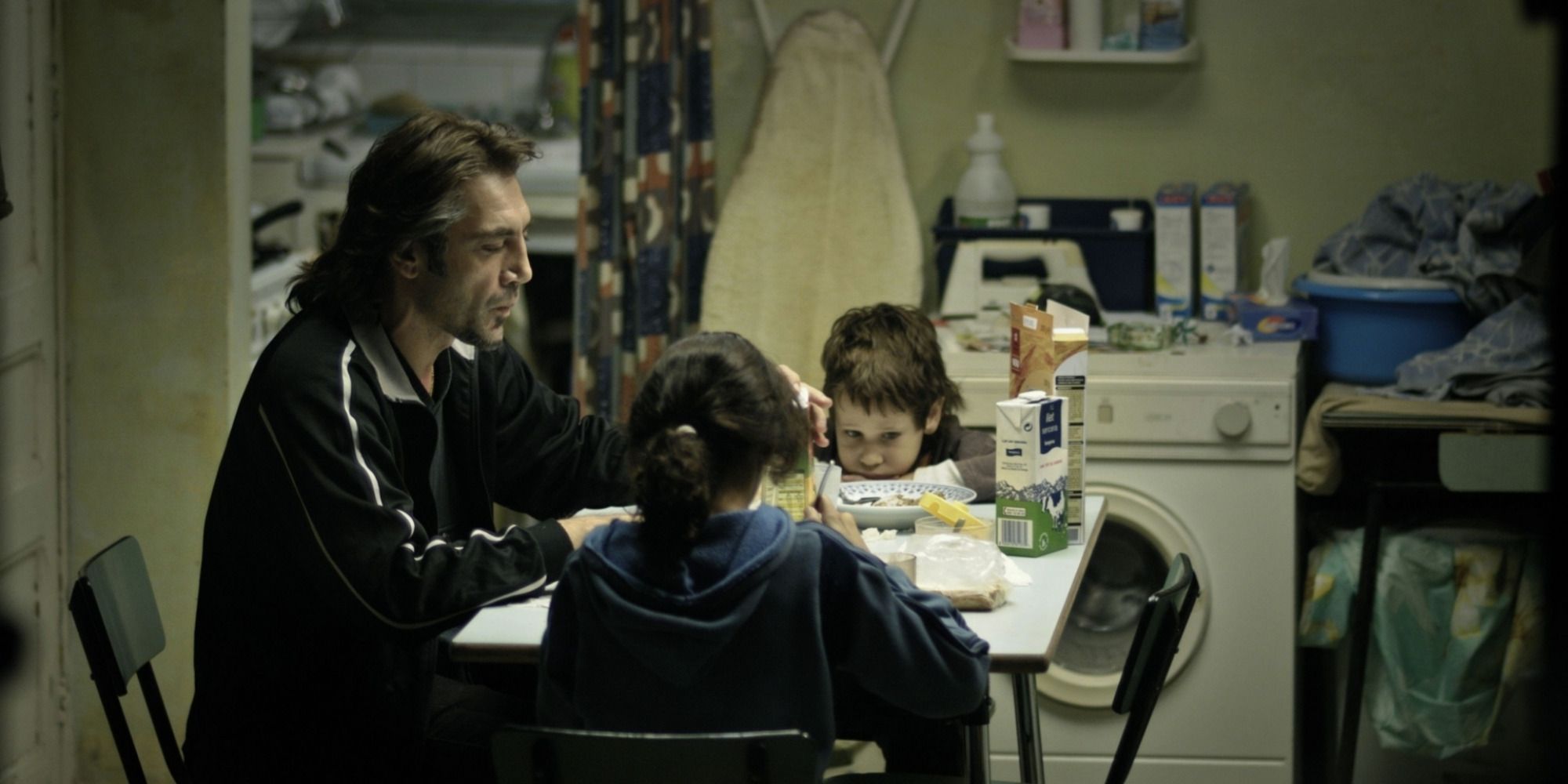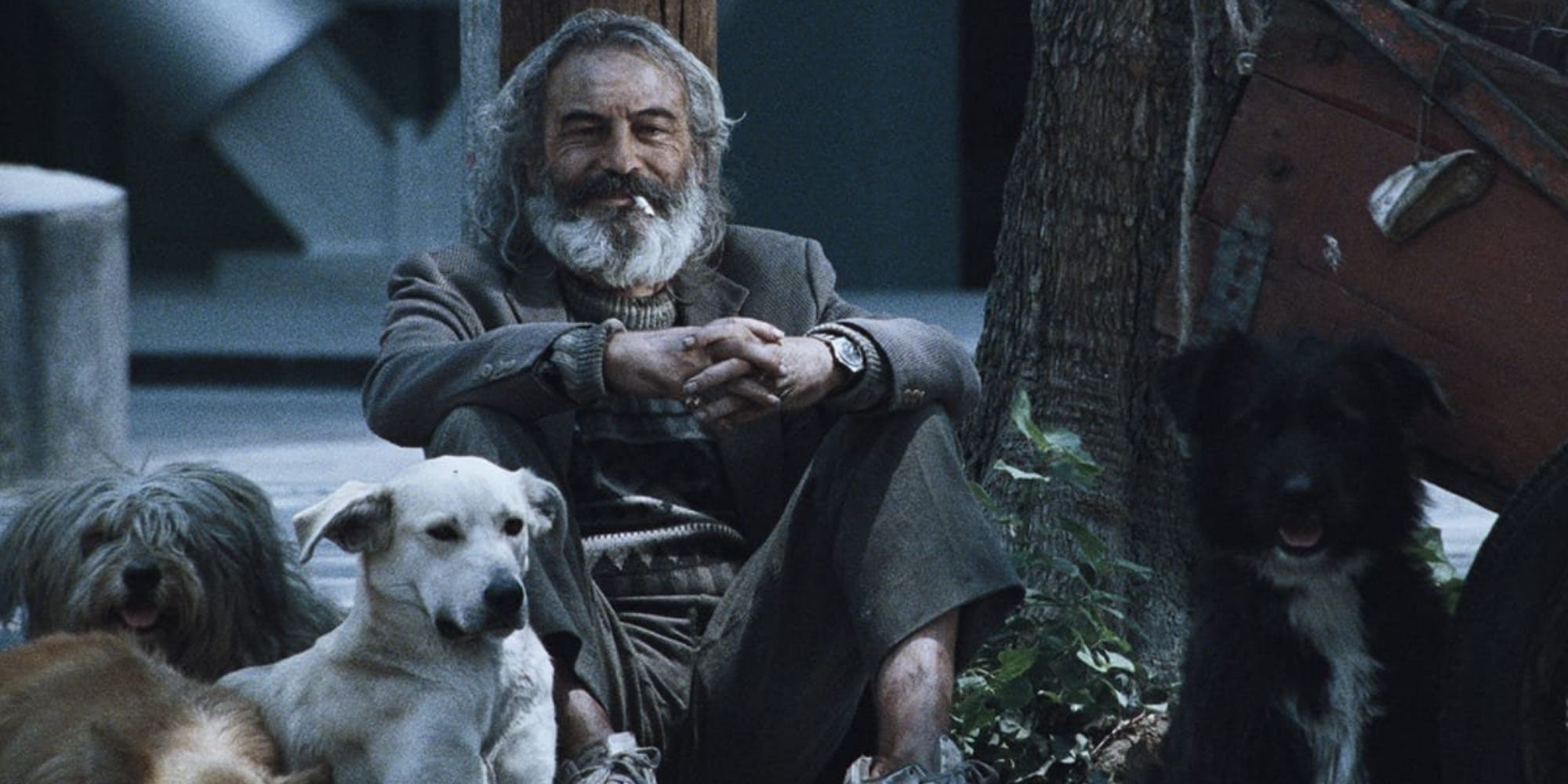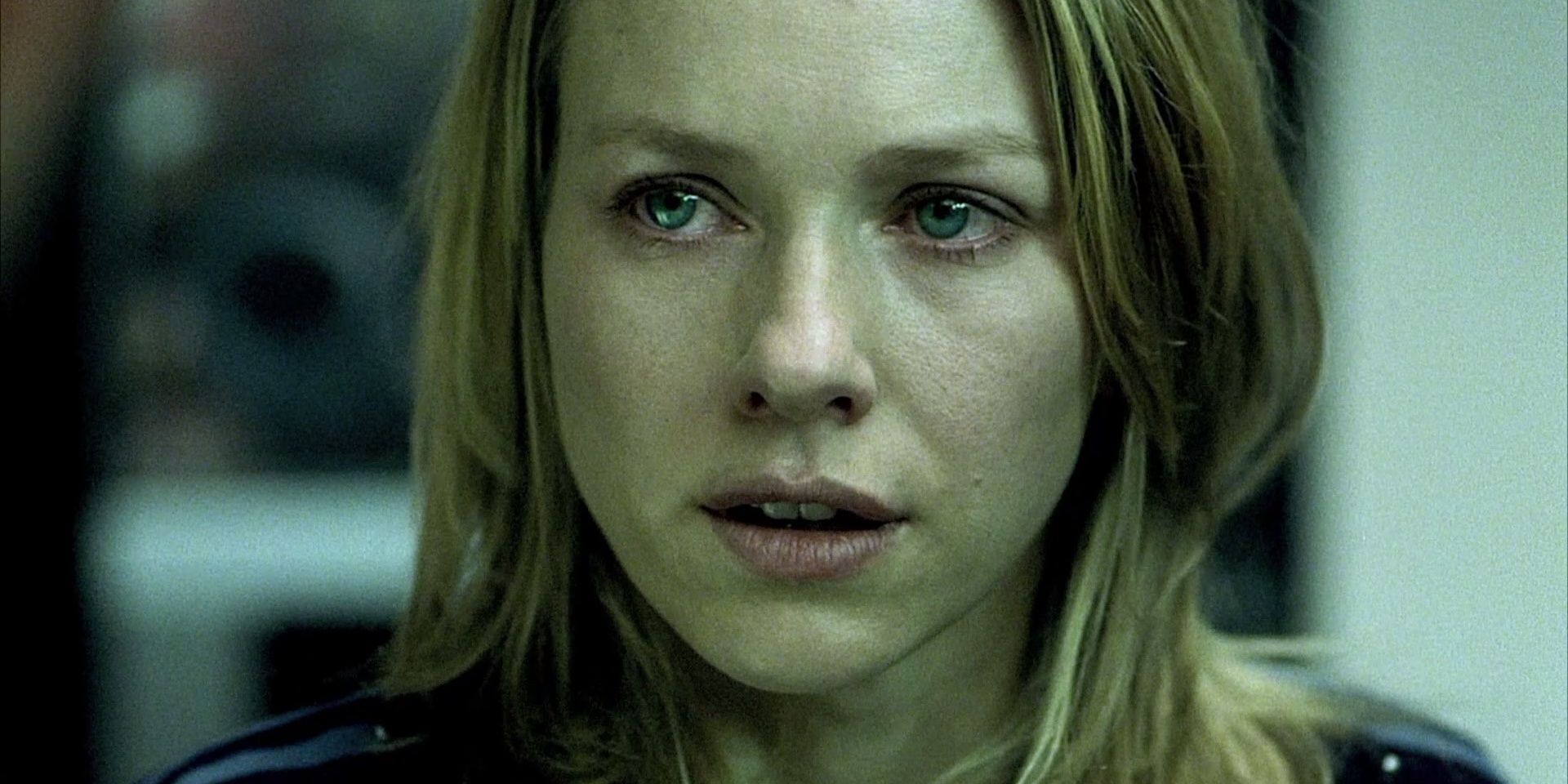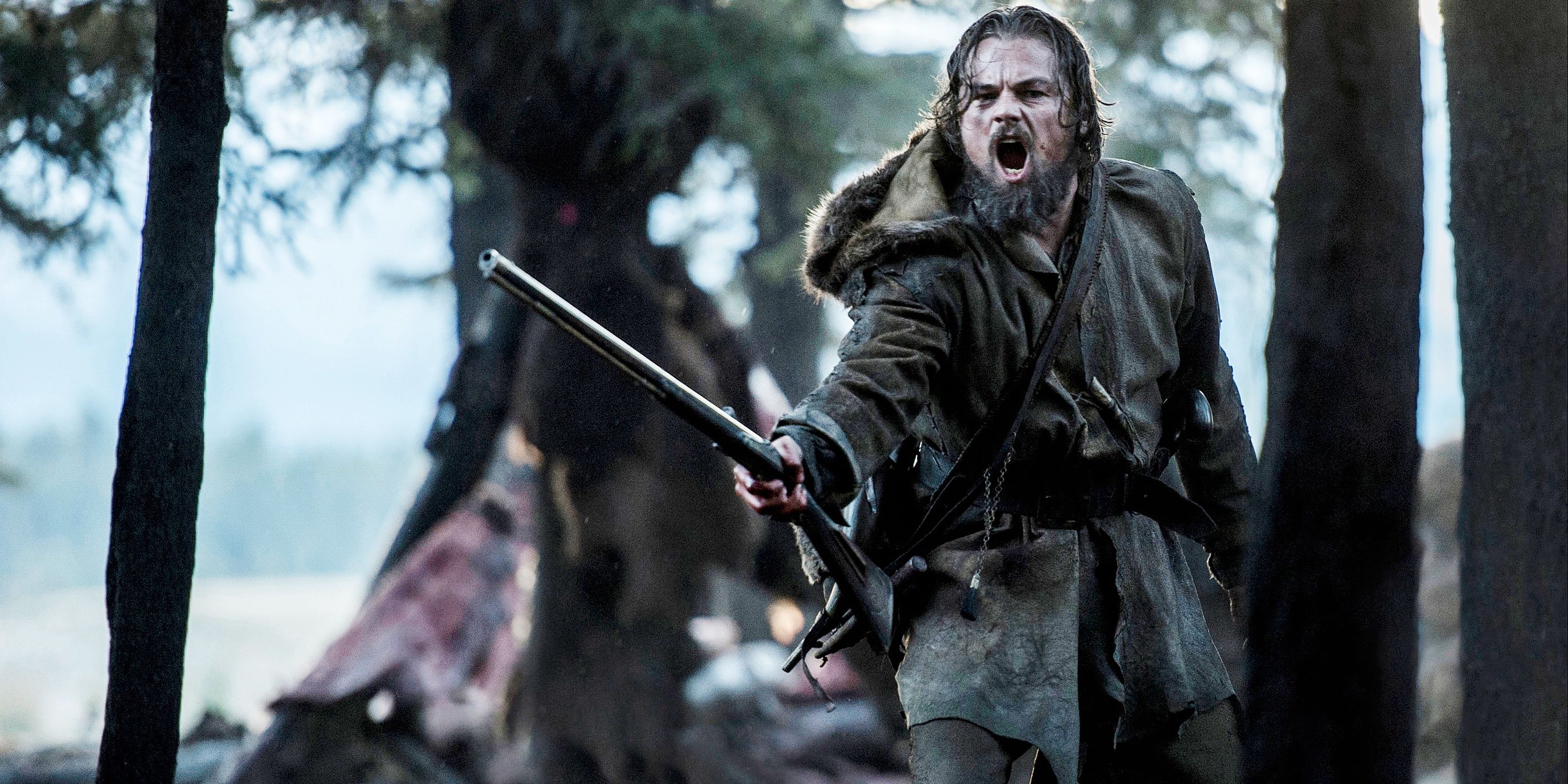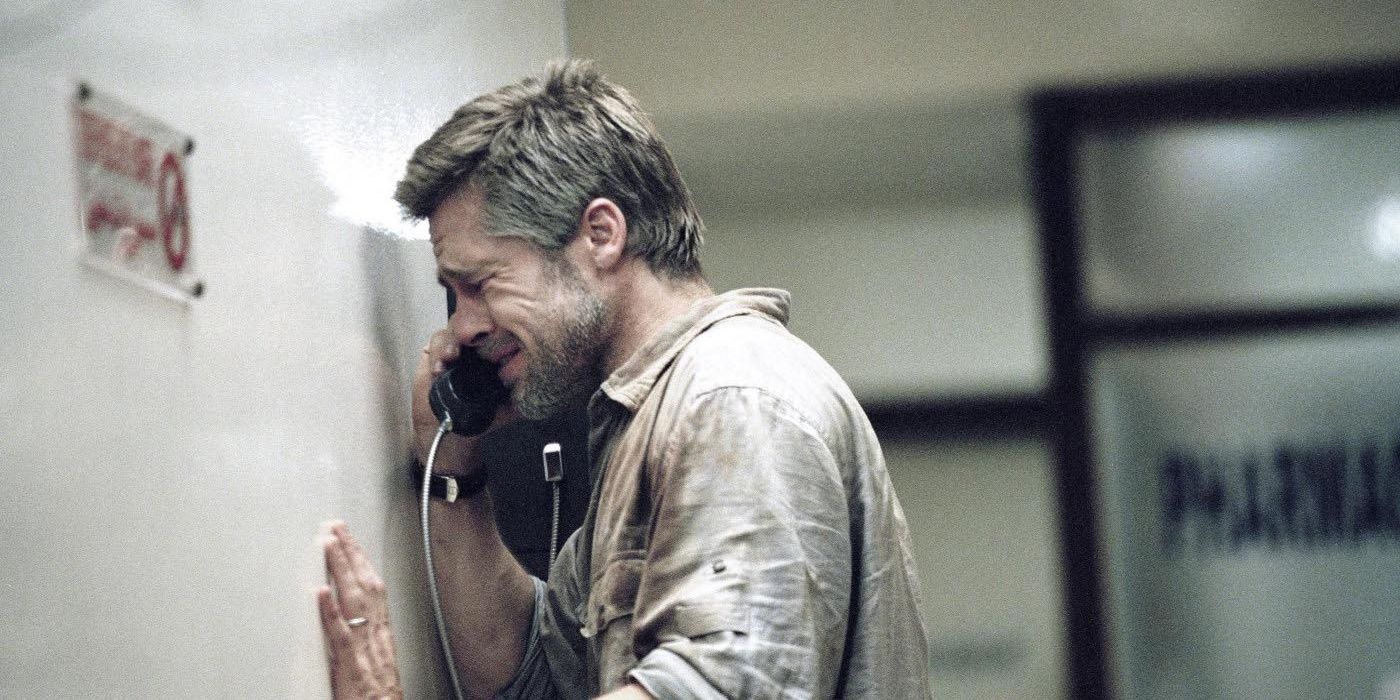There may be no other living filmmaker with a filmography as consistently strong as Mexican director Alejandro González Iñárritu. Even the greatest directors of all time are bound to have at least one or two stinkers in their catalog, but Alejandro doesn’t even have one mediocre flick.
Iñárritu is one of what critics call “The Three Amigos,” alongside Alfonso Cuarón and Guillermo Del Toro, crucial filmmakers from New Mexican Cinema who’ve taken Hollywood by storm. With a new film (Bardo) on the way (hopefully released on Netflix later this year), now is an excellent time to remind viewers of his strongest cinematic efforts.
‘Biutiful’ (2010)
Ranking Biutiful last on this list doesn’t tell the whole story. Iñárritus’ filmography is so strong that to call it his “weakest” film, while arguably accurate, doesn’t do justice to what is a really good movie. Biutiful stands out in Iñárritus’ filmography, predominantly due to the rough hand-held cinematography accentuating the bleak plot and the central theme revolving around the exploitation of minority communities.
Biutiful is Alejandro G. Iñárritus’ most intimate character study, even more so than Birdman. If you’re a fan of depressing, feel-bad movies, then you can’t do much better than this 2010 drama starring Javier Bardem (in a powerhouse, Oscar-nominated performance). It may, however, be Iñárritus’ least rewatchable film, and it lacks the stunning visuals of his later Hollywood movies. At two and a half hours, its runtime is a little daunting. There’s also a supernatural subplot that could be cut out of the film without negatively impacting the emotional drive of the story.
‘Amores Perros’ (2000)
If you are a dog lover and easily squeamish, Amores Perros may not be the movie for you. Each story is about a deeply troubled, often despicable person and their relationships with their pet canines. Iñárritus’ first movie, and the first hyperlink film in his “Trilogy of Death,” Amores Perros tells the interwoven stories of a young man who participates in underground dog fights, a runway model whose career has been stalled due to a vicious car wreck, and an aging hitman who has no worthy interpersonal relationships.
How Iñárritu and his crew handle the dog fighting sequences is as impressive as any special effect in his later works. It’s so realistic and disturbing that you’ll breathe a huge sigh of relief when you see the Humane Animals logo stating that no animals were hurt during the production. It’s a movie about how we treat one another. Unfortunately, the second and third segments aren’t as engaging as the first, but it’s still a worthwhile movie and an extremely impressive first feature from a future legend of cinema.
‘21 Grams’ (2003)
All of Iñárritus’ movies, in one way or another, cover depressing subjects, but 21 Grams is particularly devastating. Like all of Iñárritus’ films, it has a formidable cast. Even the supporting roles are played by accomplished character actors like Danny Huston, Eddie Marsan, and Clea DeVuall (in her best performance ever). Naomi Watts stands out and again demonstrates that she is one of the greatest actors of her generation.
21 Grams is gritty and bleak, with the grainy film stock to match. The narrative is presented in an unsettling non-linear fashion that never allows viewers to settle. There’s always tension because we know something awful will happen to these characters. Not a movie for the faint-hearted, but a great one nonetheless.
‘The Revenant’ (2015)
The Revenant is Iñárritus’ simplest movie from a storytelling perspective. On its face, it’s a fairly standard revenge thriller about a frontiersman (Leo DiCaprio) avenging his son, who died at the hands of ruthless fur trader John Fitzgerald (played by a stand-out Tom Hardy). Beneath the surface, The Revenant is a more contemplative Revisionist Western. It discusses colonialism, prejudice against Native Americans, and even existentialism. If Taken was directed by Terrence Malick, the result wouldn’t be dissimilar to The Revenant.
A major selling point of this film was the extreme weather conditions and hardships the crew had to face while making it. It was worth it, however, as the real locations and all-natural lighting scheme elevates it above almost any modern-day blockbuster. The violence is appropriately brutal, and the wretched characters emphasize the hardships of living in such miserable times. Iñárritu and his production crew succeeded brilliantly at making a breathtaking thriller. Though it certainly can be accused of being “style-over-substance,” the style is so next-level impressive that it makes up for any simplicity in the story.
‘Babel’ (2006)
The strongest entry in his “Trilogy of Death,” Babel is also in the running for the best example of “hyperlink cinema” by a mainstream director. Like Amores Perros and 21 Grams, Babel tells several interconnected, tangentially related stories. Cate Blanchett and Brad Pitt play a husband and wife on vacation in Morocco when Blanchett gets hit by a stray bullet on their tour bus. The potentially fatal ramifications of this one act branch out to individuals worldwide. Babel has one of the most formidable casts of the 21st century, and the characters are so frustratingly believable that it’s often hard to watch. Moreso than in his previous hyperlink films, every single story in Babel is just as strong as the last. You never have to wait for the movie to return to the story you like because they’re all equally fantastic.
The stand-out character is the Japanese student Chieko played by Rinko Kikuchi. Kikuchi was the first Japanese actress to be nominated for an Academy Award in 50 years for this film, and she thoroughly deserves it. Chieko may have the least direct relation to the central conflict, but her sections are the most relatable, especially for any young adult who has trouble fitting in. Babel is a solemn reminder of the ripple effects on the world our actions have and that even if we don’t know it, our daily interactions have the potential to impact the lives of strangers greatly.
‘Birdman or (The Unexpected Virtue of Ignorance)’ (2014)
Iñárritu has made many films as intelligent and expertly crafted as Birdman (Or the Unexpected Virtue of Ignorance), but he has yet to make another movie so relentlessly riveting. Shot almost entirely in oners seamlessly stitched together to mimic one continuous shot, Children of Men cinematographer Emmanuel Lubezki once again proves why he’s one of the greatest cinematographers of all time. The whirlwind pacing keeps your attention at all times. Even The Revenant and Babel have the occasional muted moments, but Birdman is as tight as a drum.
Speaking of drums, the score, consisting almost entirely of percussion instrumentation, adds a tense layer of anxiety to every scene. It brings to mind Jon Brion's score for Punch Drunk Love. The supporting players, including Naomi Watts, Emma Stone, and Andrea Riseborough, each do tremendous emotional work with the limited screen time they’re given, with Edward Norton's character being a highlight. It’s certainly Iñárritus’ most rewatchable project, and no other movie allows Michael Keaton to show off his dynamic range like this one. It’s a movie about pretentious people and narcissists, but it isn’t pretentious itself. It’s crude and juvenile, yet also contemplative and artistic. There’s something in Birdman for everyone to love.

